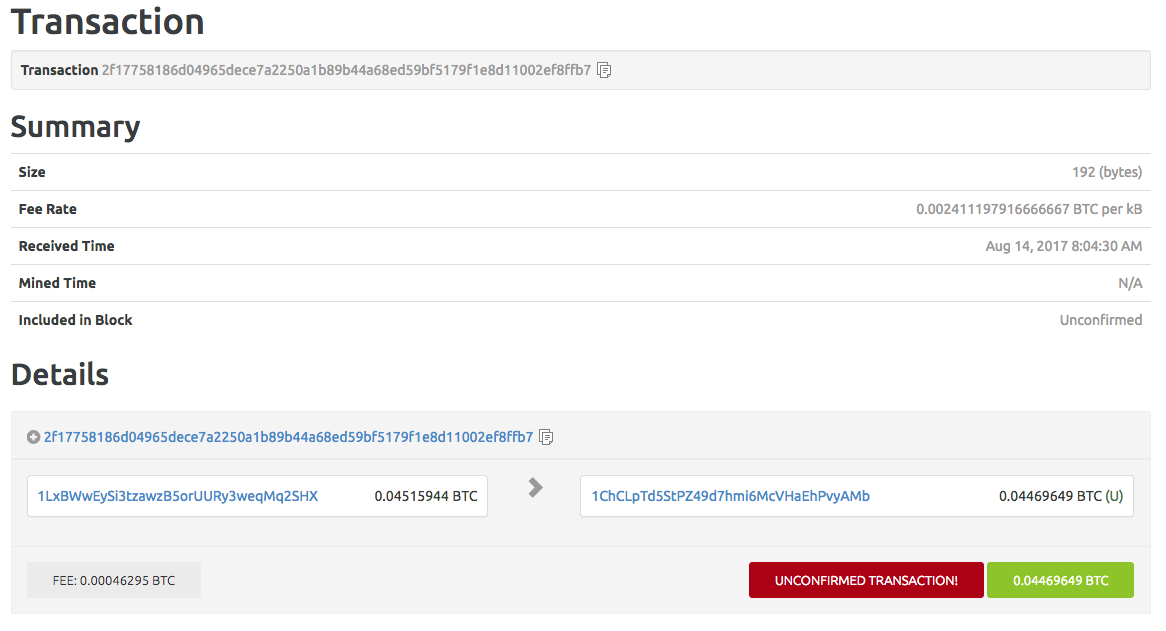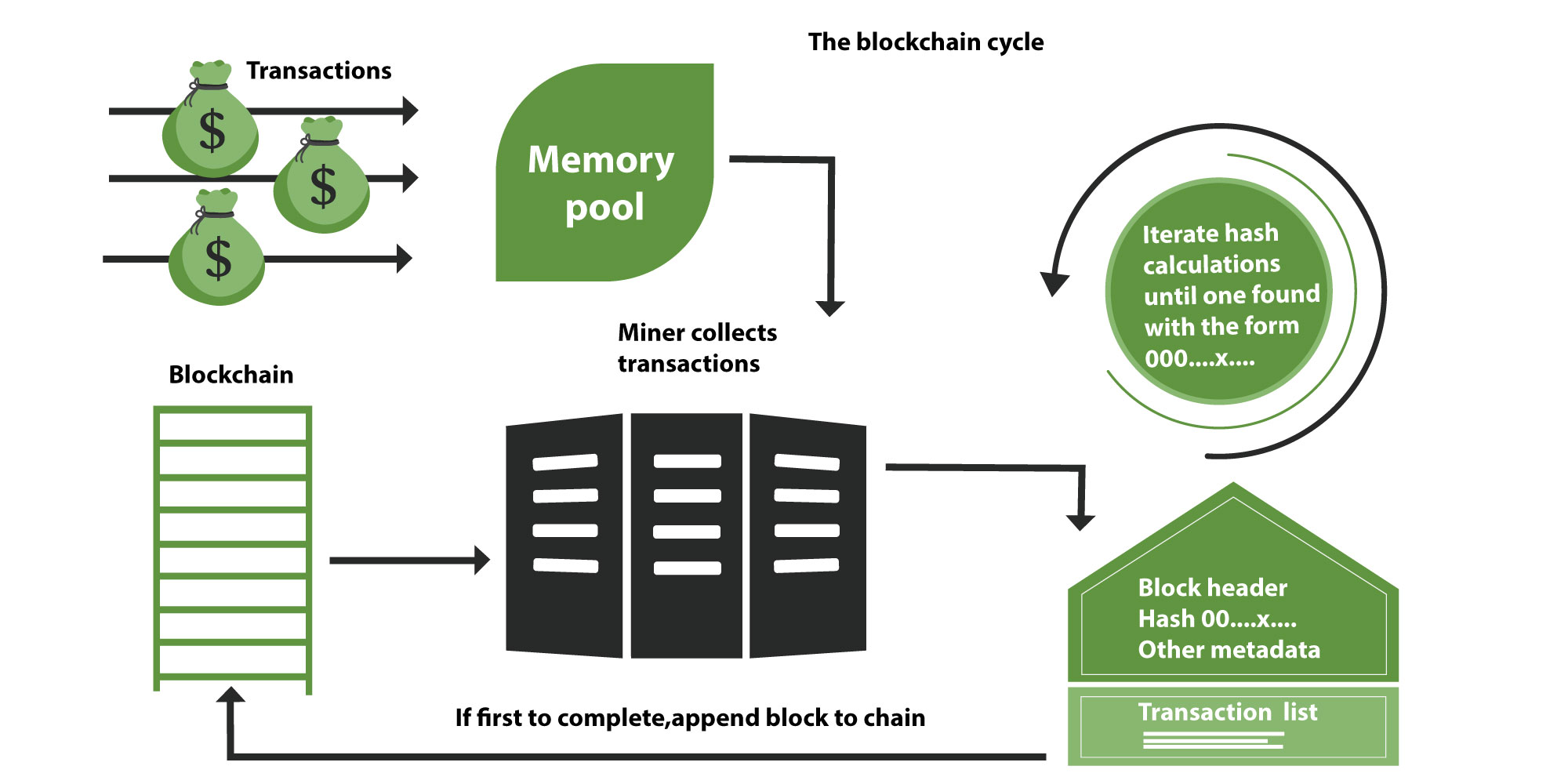Blockchain came to the world’s attention thanks to its role as the underlying technology behind Bitcoin, the most popular cryptocurrency. However, Blockchain has much farther reaching possibilities than digital currency. Blockchain, a distributed ledger technology, has the potential for applications in the stock market, banking, and beyond. One industry that is sure to see disruption from Blockchain is accounting. From audit to bookkeeping, Blockchain has the potential to improve efficiency, reporting, and data access in a way never before seen. Let’s dive in and take a look at how Blockchain is going to change accounting.
Table of Contents
ToggleNear instant transactions
At the start of a new month, accountants around the world close the books on the prior month. At large companies, this process takes anywhere from a couple of business days to a week or longer. With the release of new technologies and financial systems, the time required to complete the close cycle is shrinking. One of the biggest holdups in a faster close is a lag in transaction completion times. In my days as a Senior General Accountant, I spent hours every month accounting for transactions that were in limbo between various steps in the billing, invoicing, and payment cycle.
With the distributed Blockchain ledger, there is no need for transactions to sit in limbo. There is no need for a delay in processing while systems catch up and run overnight processes. In a world of instant transactions, many month end close processes will be cut down or eliminated completely. Thanks to to speed transactions will be completed, accountants will spend a lot less time worrying about ensuing transactions are reported in the correct month, as they will already be reported when the month closes. And, once transactions are completed, they are locked in and recorded forever. There is no going back to tinker or adjust past transactions in a blockchain.
All assets become trackable
Businesses that focus on assets like stocks, bonds, mutual funds, titles, deeds, and even inventory can be tracked with Blockchain. In fact, assets become more secure and trackable than ever before. As transactions take place with Blockchain technology, it is recorded in the local ledger and then shared across other copies of the same ledger stored by many computers around the world. Each time a transaction takes place, it is sent to every copy of the blockchain for that specific asset or use case.
At this point, everyone has an undisputed copy of the history of that asset. If a share of stock is bought, sold, bought, and sold again, a record is created that can be traced back to the beginning of its existence in Blockchain. Fraud and asset theft will be dramatically reduced with this tracking system, and accountants get benefits too. When trying to track or audit an asset, phone calls, emails, and other detective skills are no longer needed. Just type a few buttons and you can view an entire history of the asset perfect for building an audit log.
Automated reporting and reconciliation
Thanks to the automatic update of the distributed ledger, Blockchain makes reporting and reconciliations easier than ever. When every transaction is recorded in one place with all of the details. It is much easier to program computers to automatically sort and record journal entries. You can view live Bitcoin transactions as they happen at Bitcoin Explorer. Clicking on a transaction brings up the relevant details. All of these are stored by every computer that has an active copy of the Bitcoin Blockchain.

As new blockchains are developed for various applications and uses, different details can be included and stored in the transaction details. Companies and industries can develop their own unique blockchain guidelines to make the technology work perfectly for their unique needs. Whatever those needs are, the accounting and audit teams are sure to benefit from more thorough, traceable, detailed, and fraud resistant transaction records.
Cost savings on audits and compliance
Speaking of traceable records, audit managers should be elated at the prospect of incorporating Blockchain. With Blockchain based data, audits will be faster, more accurate, and better automated. Projects that took weeks and months in the past may be cut down to hours and days. A small audit team will be able to reach further, review more processes, and certify results with better efficiency than ever before.
There is some risk to audit professionals in this new automation and efficiency. I find this true because fewer people will be needed to do the same job. If you work in audit today, getting well versed in Blockchain is a smart career decision. Also think of new ways you can use your audit skills to improve efficiency, transparency, accuracy, and compliance across your organization. You may have a lot more time on your hands to do more value added work on top of your existing audit duties. By proving your value to your employer, you are proving the need to keep you around.
It’s time to embrace Blockchain
Blockchain is coming whether you are ready or not. Some on Wall Street believe Blockchain will be prevalent across the entire financial sector within five years. There is so much potential for upgrades and improvements in transaction technology. We are poised for a revolution that may be the biggest change in accounting since personal computers. This includes when spreadsheet programs landed on every accountant’s desk. It is an exciting time in the accounting and audit industry. It’s time to get aboard the Blockchain bandwagon. It will be impacting your business before you know it.
















